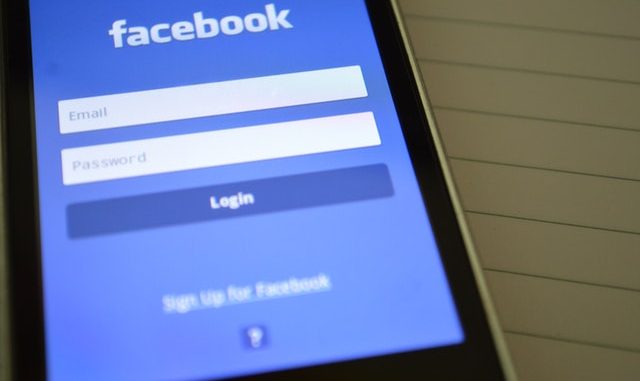
Opening Insights
Trying to leave just makes you
want to come back even more, study says
Pocket Wisdom Insights (PWI) invites you to explore the following Co-Lab Blog.
This blog features parts of an insightful article featured outside of the PWI Co-Lab,
written by Andrew Griffin on August 5th, 2017, published by The Independent.
We have republished this content in respect of the author’s vision, message and research.
Informational Insights
Scientists might have found why you finally keep looking at your Facebook feed.
And it's all because – despite how it might feel – going on there makes you feel good, according to the new research.
Even briefly looking at something related to Facebook, like its logo or the news feed, can be enough to give people great pleasure. A desire to repeat that pleasure keeps people logging on they found, and triggers cravings when people aren't logged on.
Then, when people decide they want to leave Facebook, they miss out on that pleasure. They'll then start feeling guilty, go on Facebook to cheer themselves up again – and feel bad all over again.
Researchers said that behaviour was a "cycle of self-regulatory failure" that keeps people logging on, then logging off, then logging back on again.
And the guilt over failing to actually cut out social media is damaging to the psyche, according to Michigan State University's Allison Eden, who conducted the study.
People might be best looking to force themselves to remove Facebook from their life entirely, the researchers said. That might include removing the Facebook app from your phone's home screen, they suggested.
"Media, including social media, is one of the most commonly failed goals to regulate," Eden said. "People try to regulate themselves and they really have difficulty with it."
The researchers conducted two studies, looking at people who use Facebook a lot and people who use it less.
In the first study, people were asked to look either at something related to Facebook – like its logo – or something else entirely, and then at a Chinese symbol. They were then told to say whether the symbol was pleasant or unpleasant.
Heavy Facebook users who had looked at an image related to the site were far more likely to say that the Chinese symbol was pleasant.
"People are learning this reward feeling when they get to Facebook," she said. "What we show with this study is that even with something as simple as the Facebook logo, seeing the Facebook wall of a friend or seeing anything associated with Facebook, is enough to bring that positive association back."
In the second study, people were asked to measure their cravings for Facebook. They found that people often gave into the temptation to use Facebook and then fell into the cycle of failure that can damage their psyche.
Possibilities for Consideration
Take a moment and examine…
- As you reviewed the material above, what stood out to you?
- What is the potential impact, economically and/or socially?
- What action is needed to stop or support this idea?
- You may want to consider whether you:
- want to be aware of,
- should become supportive of,
- would want to be active in this topic?
Add Your Insight
I have been impressed with the urgency of doing. Knowing is not enough; we must apply.
Being willing is not enough; we must do.
LEONARDO DA VINCI
